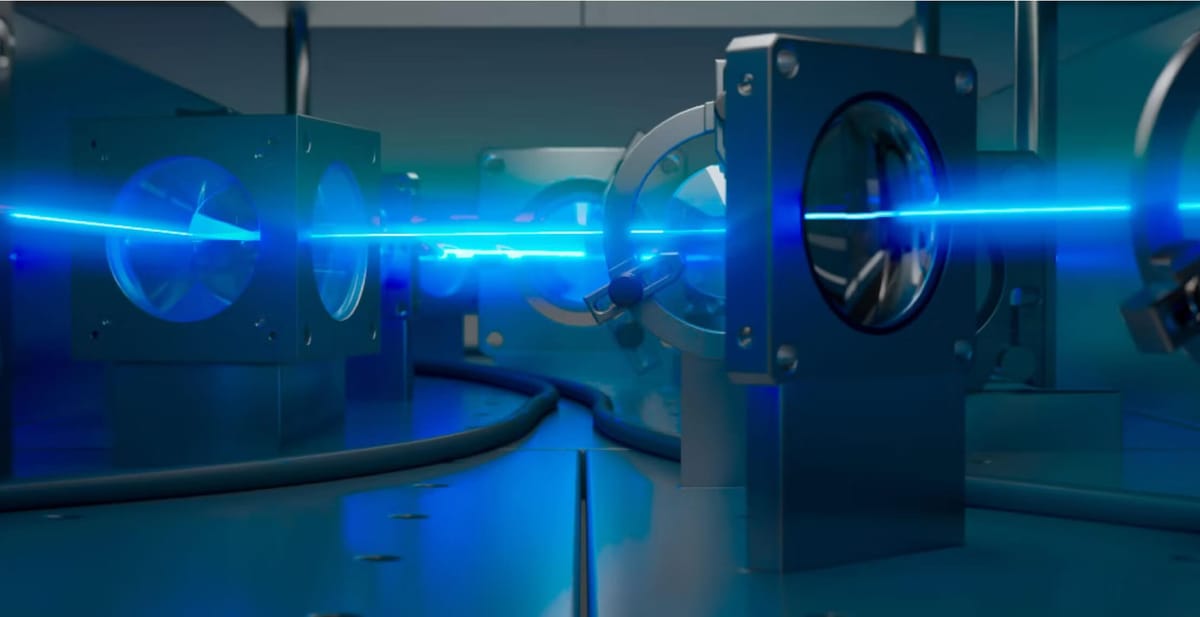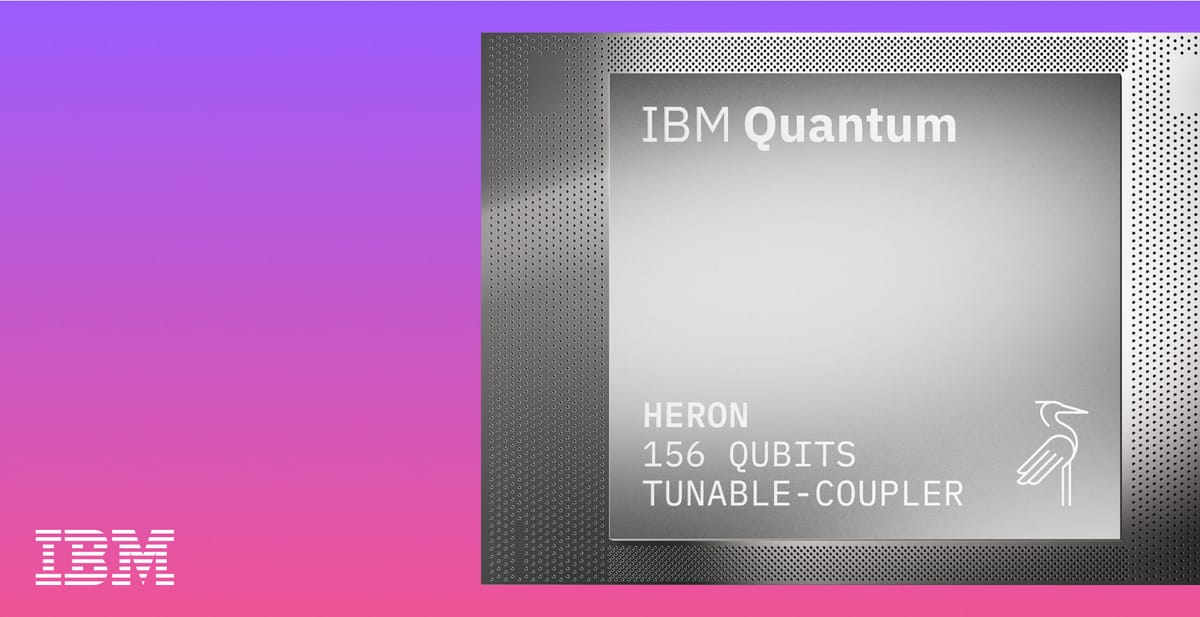
Microsoft has just announced a major advancement in quantum computing that aims to change the landscape of scientific discovery and problem-solving. At their annual Ignite conference today, CEO Satya Nadella will introduce a first-of-its-kind quantum offering developed in collaboration with Atom Computing. Together, they are co-designing a machine they believe could be the most powerful quantum system yet.
The key development: The companies achieved a record 24 logical qubits that can detect and correct errors. This represents the largest number of error-corrected qubits demonstrated to date across all quantum computing platforms.
Atom Computing's hardware uses neutral atoms as qubits, tightly packed in arrays and manipulated with lasers, giving them a unique edge with long coherence times and high fidelity—qualities necessary for reliable error correction and entanglement. In practical terms, these achievements pave the way for a more powerful and consistent quantum experience.
Why it matters:
- Current quantum computers are error-prone, limiting their real-world use
- Error correction is crucial for quantum computers to solve meaningful problems
- Microsoft's system showed better error rates than raw physical qubits
The technical achievement centers on Microsoft's "qubit virtualization" system that creates reliable logical qubits from multiple physical qubits. By combining Atom Computing’s neutral-atom hardware with Azure's cloud capabilities, the machine supports both AI models and high-performance computing (HPC), delivering a comprehensive “discovery suite” for tackling some of the world's toughest problems. When combined with Atom Computing's neutral atom technology, it achieved:
- A 24-qubit entangled quantum state with significantly reduced errors
- Computation capabilities on 28 logical qubits
- The ability to detect and correct both errors and lost qubits during operation
The announcement follows IBM's recent quantum milestone, where it demonstrated quantum circuits running 50 times faster on its new Heron processor. IBM's system can now execute 5,000 quantum gates in just over two hours, compared to previous run times of 112 hours. While IBM's release focused on speed and circuit size, Microsoft's is prioritizing error correction and reliability.

Commercial availability: Microsoft is targeting scientific and commercial applications, particularly in chemistry and materials science. The system will be available through Azure, Microsoft's cloud platform as a commercial product available for enterprises and governments worldwide. Azure Elements, the underlying platform, provides tools like generative AI for chemistry and advanced modeling tools to reduce the time from discovery to solution from years to mere days.
"This reliable machine, available for order today with deliveries starting next year, integrates quantum computing with AI models and computational tools in Azure," said Jason Zander, Microsoft Executive VP.
The hope: Quantum computing has often seemed out of reach—more a theoretical pursuit than a practical tool. Microsoft’s collaboration with Atom Computing aims to change that, delivering tangible, commercial-grade quantum computing capabilities to address the world’s most complex challenges.
The announcement, being made at Microsoft's Ignite conference later today, represents a notable step toward practical quantum computing, even if significant engineering challenges remain before the technology can tackle real-world problems at scale.


